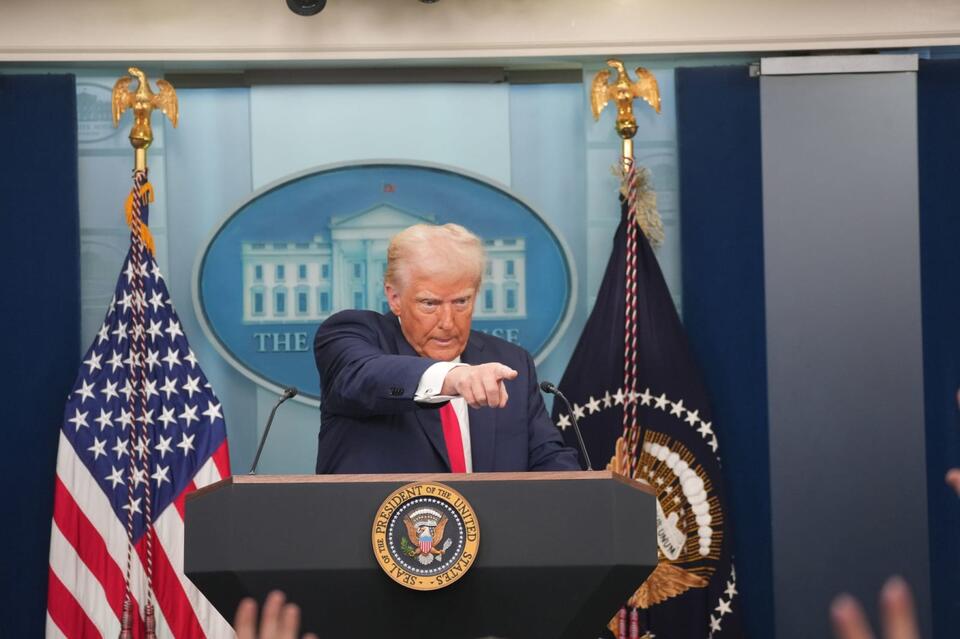In the world of international politics, clashes between leaders can have far-reaching consequences. Such is the case with the recent disagreement between former Brazilian President Luiz Inácio Lula da Silva and ex-US President Donald Trump over tariffs within the BRICS group.
The dispute centers around trade policies within BRICS, an association of five major emerging economies – Brazil, Russia, India, China, and South Africa. Lula has been a vocal advocate for fair trade practices that benefit developing nations like those in BRICS. On the other hand, Trump’s administration was known for its America-first approach to trade deals.
“The clash between Lula and Trump reflects deeper tensions in global trade dynamics,”
remarked an expert economist familiar with international relations.
“It highlights the ongoing struggle between protectionist policies and more inclusive trade agreements that aim to support economic growth across multiple countries.”
As tensions escalated between the two leaders, their public statements became increasingly confrontational. Lula criticized Trump’s unilateral tariff decisions as detrimental to global commerce. He emphasized the importance of cooperation among BRICS members to counterbalance the influence of traditional economic powers.
In response, Trump defended his administration’s tariffs as necessary measures to protect American industries from what he perceived as unfair competition. He argued that his policies were aimed at securing better deals for US businesses on the world stage.
The rift between Lula and Trump underscored broader debates on globalization and sovereignty in an interconnected world economy. It raised questions about the role of collaborative partnerships like BRICS in shaping future trade norms and regulations.
“Leaders like Lula and Trump represent divergent views on how nations should engage in international trade,”
noted a political analyst specializing in global governance.
“Their disagreement highlights fundamental disagreements on whether protectionism or multilateralism offers a more viable path to sustainable economic development.”
Despite their differences, both leaders acknowledged the importance of finding common ground to address shared challenges such as climate change, security threats, and technological innovation. The complexity of modern geopolitics demands nuanced approaches that balance national interests with collective goals.
As Lula and Trump navigated their diplomatic sparring match, observers speculated on its implications for global economic stability and geopolitical alliances. The outcome of their clash could shape future negotiations within BRICS and set precedents for transnational cooperation on trade issues.
In conclusion, conflicts like the one between Lula and Trump serve as reminders of the intricate web of relationships that define contemporary international relations. While disagreements are inevitable in a diverse world fraught with competing priorities, finding points of convergence remains crucial for fostering mutual prosperity and peace among nations.









Leave feedback about this